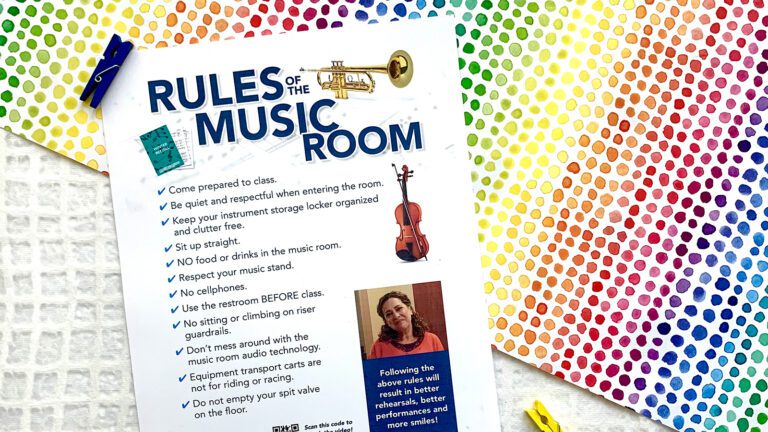I was a teacher for 10 years before I starting considering stepping into a formal school leadership role. The reason was simple: I’m an introverted principal. School leaders, I imagined, needed to be boisterous leaders who filled rooms with charisma and personality.
Lucky for me, over the past five years, the conversation about what leadership means has changed dramatically. In Susan Cain’s Quiet: The Power of Introverts in a World That Can’t Stop Talking, she writes, “Extroversion is an enormously appealing personality style, but we’ve turned it into an oppressive standard to which most of us feel like we have to conform.”
For me, this is exactly what stood in the way of my ability to see myself as a school leader. I knew I couldn’t strip myself of my introversion, so I committed to embracing it. Here are 5 ways I believe an introvert can lead a school:
1. Rebrand leadership
Newsflash: the personality quirk you think is a liability is likely your biggest asset. You call me an introvert, but I call myself an empathetic, connective, and flexible collaborator who is analytical and creative. Intentionally articulate what your style actually looks like on the ground. I let people know that I feel comfortable with others taking the lead in discussion, that I like to listen before I speak, and that often times I have my best ideas after I process a conversation. The more I speak about my style, the more I normalize my particular kind of leadership…all the while potentially help others see their own capacity.
2. See and be seen
The fear of pubic speaking is another factor that can keep smart, ambitious, and creative people from seeking leadership positions. Certainly, there will be times when you must speak, and you will get better at it the more you do it. However, public speaking is not the only way for you to live your role as a school leader. For introverts, it’s essential to find ways to connect with students and colleagues in informal ways throughout the school day.
Make a habit of walking through the hallway at unexpected times. Introverts will notice kids who roam around without a pack, and they will also see what colleagues need extra support. Go to games, concerts, and presentations.
3. Show your warmth
Make time for small talk with parents and colleagues. If you’re an introvert, you likely have the gift of being good with names and faces, and this skill can be leveraged to make you even more appreciated by students and parents. A healthy school community is one where students, teachers and parents feel known and cared for, and introverts can use their powerful observational and empathy skills to find a way to keep the community inclusive and warm. Know too that introverts need recovery time to feel centered and re-energized, and meeting your own needs will help you be authentically present for others.
4. Appreciate and name differences
As important as it is to know your skill set, it is equally as important to define your own areas of growth. I have to work with people who have a wide variety of styles, preferences, and personalities, and I serve them best when I encourage them to talk about what they bring to the table. I support everyone around me in owning and celebrating what is authentic in their leadership—whether I’m talking to a sassy student or a wisecracking colleague. The more I can help the people around me name their gifts, the more comfortable they will feel using them for the good of the whole.
5. Reflect and grow
Just like the students we serve, every adult has something that they can work on to improve their communication. Learn to articulate the skills you are building in order to better serve your community. Sharing thoughtfully with your team about your challenges and goals helps disrupt old thinking about what a leader looks like, and connects you to others in the process.
Join our Facebook group Principal Life for more ideas on how to transform your school.

